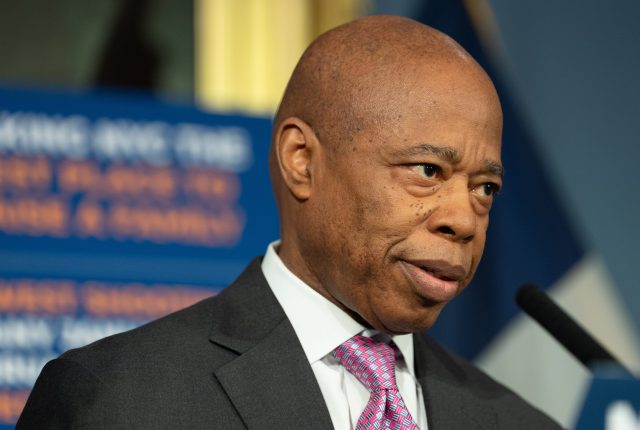Conflict of Interest? Campaign Finance Board Member Steps Back from Adams Case After Critical Op-Ed

In a notable move of ethical transparency, Richard Davis, a prominent member of the city's Campaign Finance Board, has voluntarily stepped back from voting on issues involving Mayor Adams. This recusal comes in the wake of a pointed op-ed Davis published in February, where he openly criticized the mayor's actions and policies.
Davis's decision to remove himself from voting demonstrates a commitment to maintaining the integrity of the Campaign Finance Board by avoiding potential conflicts of interest. By proactively recusing himself after publicly expressing strong opinions about the mayor, Davis is ensuring that the board's decision-making process remains impartial and unbiased.
The self-imposed restriction highlights the delicate balance between personal expression and professional responsibility, showcasing a principled approach to public service that prioritizes transparency and fairness.
